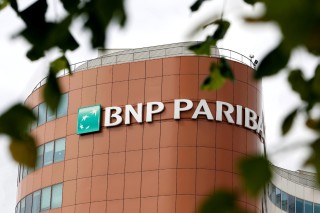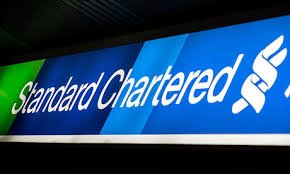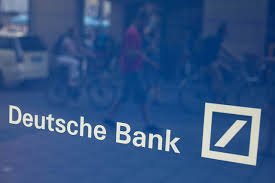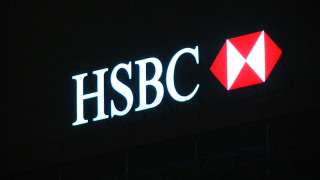The common man suffered through the 2008 financial crisis with loss in jobs, steep rise in prices, lowering of wages. It appears to a layman that the big banks responsible for escalation of the crisis have finally learnt their lesson. And they truly have.
THEN: The banks earned cold hard cash from lending to subprime borrowers who do not have the capacity to pay back and then repackaging these loans to dubious investors. That was their trick at that time. But times have changed and so have the big bad*** banks as well.
NOW: They all are finding themselves in a soup once again, this time over money laundering investigations by various regulatory authorities, across the globe but majorly in the US. They have all been accused of pulling a hood over the US government by helping clients evade taxes or violating sanctions by conducting illegal transactions that may even have been funding terrorist activities.
So, take a close look at how the biggest banks in the world are being penalized for their wrongdoings. But, I am afraid it’s only the tip of an iceberg.
- CREDIT SUISSE
The Swiss Bank was awarded penalty of $2.5billion after pleading guilty to criminal charges of helping Americans evade paying taxes.
“The bank went to elaborate lengths to shield itself, its employees, and the tax cheats it served from accountability for their criminal actions. They subverted disclosure requirements, destroyed bank records, and concealed transactions involving undeclared accounts by limiting withdrawal amounts and using offshore credit and debit cards to repatriate funds. They failed to take even the most basic steps to ensure compliance with tax laws,” said Eric Holder, the then US Attorney General.
- BNP PARIBAS
The French bank was charged in a money laundering case to pay $8.9 billion by US Department of Justice for conducting thousands of illegal transactions or ‘cover payments’ with Iran, Liberia and Sudan. Cover payments involve structuring of transactions in such a complicated manner involving global subsidiaries simply as to hide the involvement of sanctioned entities.
The Bank had pled guilty to the charges and suffered through ban from converting US currency to other currencies through its New York offices, thus suffering a major blow to its bottomline. Yet, interestingly the share prices had not plummeted at that time indicating that even though the fine amount had been a headline grabber, it delivered only a minor sting to overall bottomline of the bank.
- STANDARD CHARTERED
Having paid $667 million to various US regulators in 2012 to resolve allegations of sanctions violations concerning transactions linked to high risk clients in countries such as Iran and UAE, Standard Chartered was again penalized $300 million in September 2014 by New York State Department of Finance.
- Deutsche Bank
The German bank’s relations with regulatory authorities are increasingly souring and have hit a new low. The bank is presently being investigated in US and UK for LIBOR rate and currency manipulation. The fine is expected to exceed $1.5bn, the greatest ever so far.
The bank was also $8.4 million penalized in April 2015 by Dubai Financial Services Authority (DFSA) over inadequate monitoring of money laundering.
- HSBC
The British Bank is presently being investigated under charges of aggravated money laundering (Committed by a criminal organization in relation to a either a trade or business or premeditated crime). The fine involved could be 1m CHF or 1.074 million USD.
In a record settlement at that time, HSBC had paid nearly $1.5 billion in penalties to US authorities as it was proved in court that the bank had become the “place to launder money”. The Bank’s branches in Mexico and Colombia was responsible for laundering money for drug cartels and traffickers.
There are examples of more of such banks being penalized while caught in the act red handed, but the truth is that most of the times they are able to get away with. Despite strong monitoring and control requirements, some corporations turn to morally questionable dealings because at the end of the day there is no individual liability on the bank’s executives sitting in their corporate offices blind to the working of far flung subsidiaries and branches in remote countries.
It is important that they know, that they no longer claim to be ignorant in an investigation because they and all the employees under them are paid to know.
Also, despite a higher bonus that may await them due to a fattened bottom-line because of illicit transactions, it is their onus to realize and feel that their actions is endangering millions of lives somewhere because they funded terrorism, drug lords and human traffickers.





































